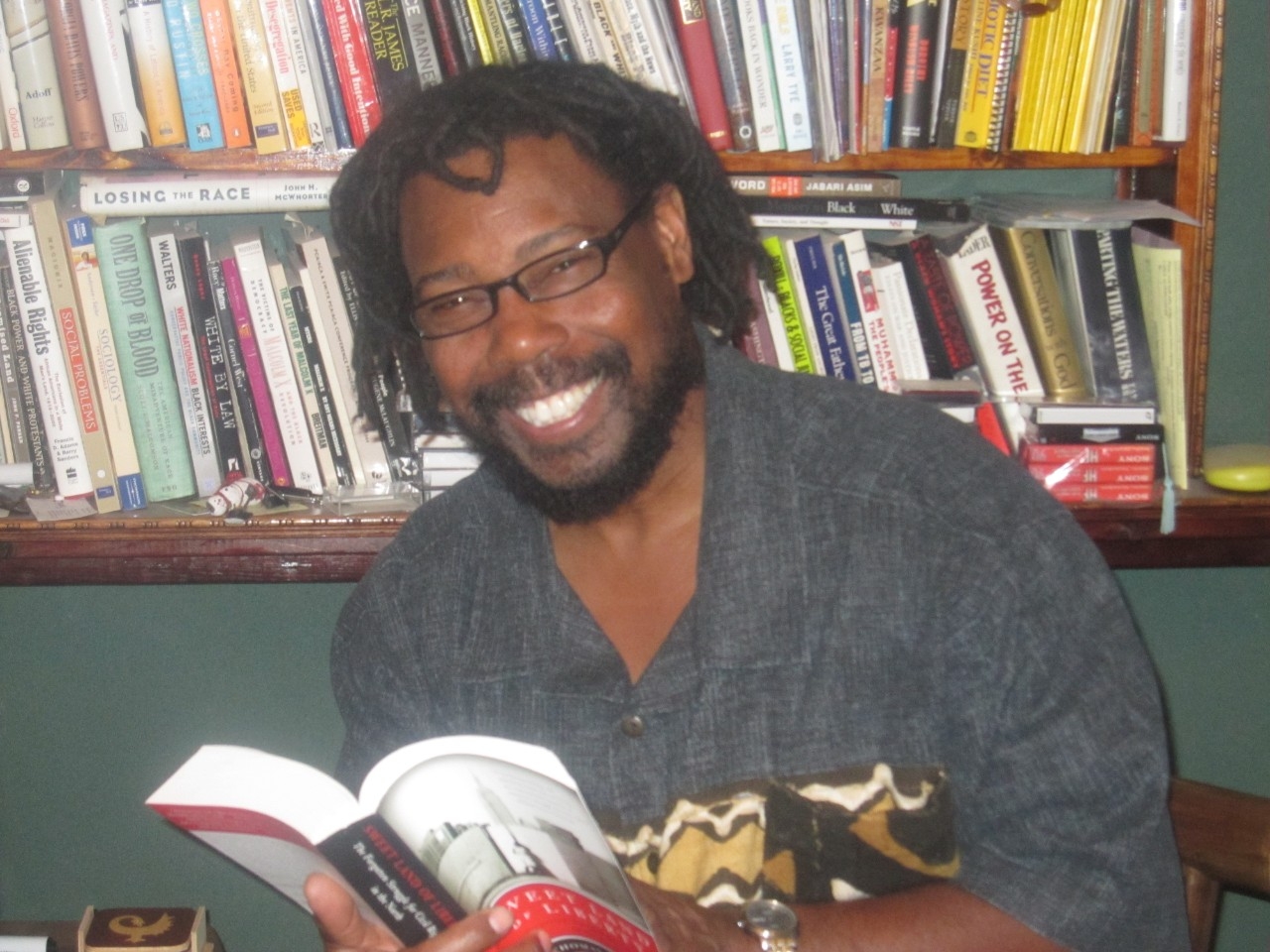Michael Washington is a
history professor and the founder of
Black Studies at Northern Kentucky University but says that’s his title in name only.
“I don’t teach history,” he says. “I teach students.”
History is something Washington is well-versed in, both academically and professionally. Washington, who arrived in January 1979, is the first African American to earn tenure in NKU’s College of Arts & Sciences (1984) and the longest-tenured Black faculty member at NKU.
Washington originally taught at the University of Cincinnati until a job became available at NKU in the Learning Assistance Center to help students with their study skills. Because of his success at teaching history to academically at-risk students, he was recruited into the Department of History under the chairmanship of Dr. H. Lew Wallace.
Throughout his tenure, Washington has seen NKU change. He has served under presidents from A.D. Albright to Ashish Vaidya, has seen the construction of numerous buildings and a campus-wide rebrand effort in 2002, which is still present today.
After creating the Black Studies Program during the mid-1980s, Washington co-founded
NKU R.O.C.K.S. during the mid-1990s.
"It was conceived of and designed to improve the retention and graduation rates of Black students,” he said.




